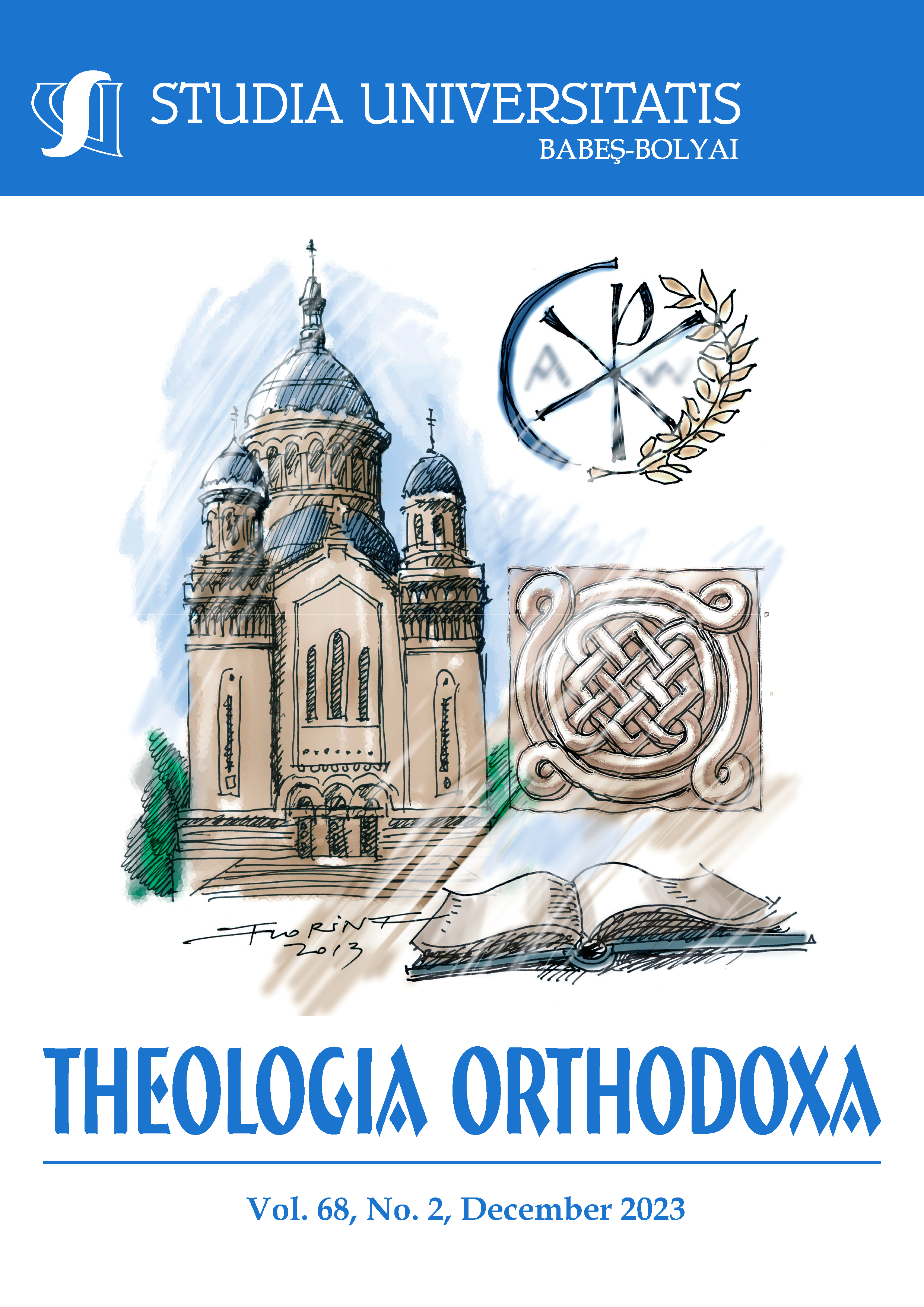Introduction
The Gospel of Matthew – Between its Old Testament Roots and its Eschatological Perspectives
Abstract
The Gospel as the good news of eternal joy is a “divine reading,” an exceptional unrepeatable nature of this event, the Gospel expresses not self-sufficiency but gift-giving, sharing, and communion. The words of the Gospels are thus intimately tied to the twin notions of revelation and incarnation. The Gospel of Matthew begins precisely with the theme of the incarnation of the Word – the Advent of Immanuel – which could be seen as a “summary” of Matthew's entire message. The apostolic mission described in the Gospel is the beginning of our inscription into the Trinitarian paradigm. When we speak of revelation, we refer to what God accomplishes to make Himself known – eternal and unchanging discoveries. Thus, the main point is to return to the heart of the matter: the events recounted in the Gospels are expressions of divine revelation embodied in words, illuminated by the Holy Spirit. It is not the multitude of textual variants that will grant you access to the authentic meaning of the good news, but the acquisition of the Holy Spirit. The Gospel is a joyous announcement of victory over sin and death, opening the gates of Paradise to humankind. The narratives, teachings, parables, and prophecies recorded in the four Gospels allow the divine pedagogy to shine through. God patiently stoops down to lift fallen humanity, remedying our failure and healing our nature by uniting it to His divinity in the incarnation of the Son. This revelation of Trinitarian love explodes all previously held notions about the relationship between God and man. The incarnation is a singular, unrepeatable event – not merely unique but utterly unlike anything else in human history. The enactment of divine providence in the advent of Christ cannot be replicated or recycled but blows open history and human experience to new dimensions.Downloads
Published
2023-12-30
How to Cite
CHIRILĂ, I., & PAȘCA-TUȘA, S. (2023). Introduction: The Gospel of Matthew – Between its Old Testament Roots and its Eschatological Perspectives. Studia Universitatis Babeș-Bolyai Theologia Orthodoxa, 68(2), 7–19. Retrieved from http://193.231.18.162/index.php/subbtheologiaorthodoxa/article/view/7013
Issue
Section
Introductions & Arguments
License
Copyright (c) 2023 Studia Universitatis Babeș-Bolyai Theologia Orthodoxa

This work is licensed under a Creative Commons Attribution-NonCommercial-NoDerivatives 4.0 International License.





 ISSN (print): 1224-0869, ISSN (online): 2065-9474, ISSN-L: 2065-9474
ISSN (print): 1224-0869, ISSN (online): 2065-9474, ISSN-L: 2065-9474